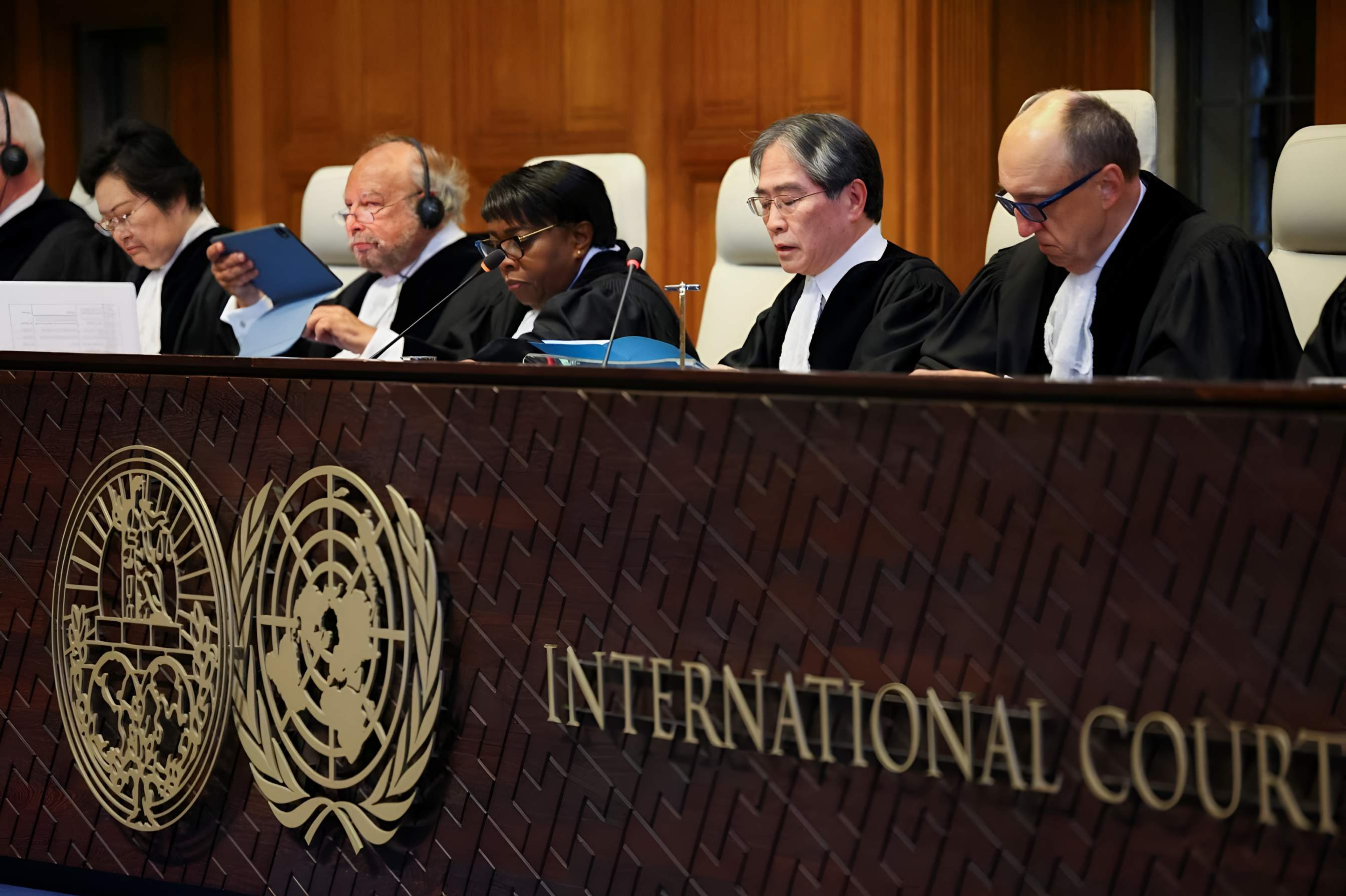The International Court of Justice (ICJ) has dismissed a case filed by Sudan accusing the United Arab Emirates of complicity in genocide, ruling that it lacks jurisdiction to hear the matter.
Sudan had claimed that the UAE provided military, financial, and logistical support to the Rapid Support Forces (RSF), the paramilitary group it is fighting in the ongoing civil war.
The conflict has killed tens of thousands, displaced millions, and left large parts of the country facing starvation.
In its petition, Sudan alleged that UAE-backed RSF fighters carried out systematic attacks on non-Arab communities, particularly the Masalit ethnic group in Darfur.
The accusations included widespread killings, forced displacement, and sexual violence.
However, the ICJ said the case could not proceed because the UAE had opted out of Article 9 of the Genocide Convention. That article allows state-to-state lawsuits over genocide claims.
According to the court, it had no authority to consider the accusations.
"The Court concludes that it lacks jurisdiction to entertain the Application filed by the Republic of the Sudan and is therefore precluded by its Statute from taking any position on the merits of the claims made by Sudan," it said.
The 14-2 vote ended the case before it could be examined in detail.
The UAE denied any wrongdoing and described Sudan’s case as politically motivated.
"This was political theatre. A cynical publicity stunt," the UAE said during the proceedings.
The ICJ’s ruling was welcomed by Reem Ketait, the UAE’s deputy assistant minister for political affairs, who said the decision was "clear and decisive."
She added: "The international community must focus urgently on ending this devastating war and supporting the Sudanese people, and it must demand humanitarian aid reaches all those in need."
Sudan’s legal move was considered unusual because it accused a third party of enabling atrocities rather than targeting the perpetrators directly.
The case was closely watched as it sought to test whether states could be held responsible for fueling atrocities in another country.
Both the RSF and Sudan’s army have faced international condemnation for alleged war crimes, including ethnic killings, looting, and blocking humanitarian assistance.
